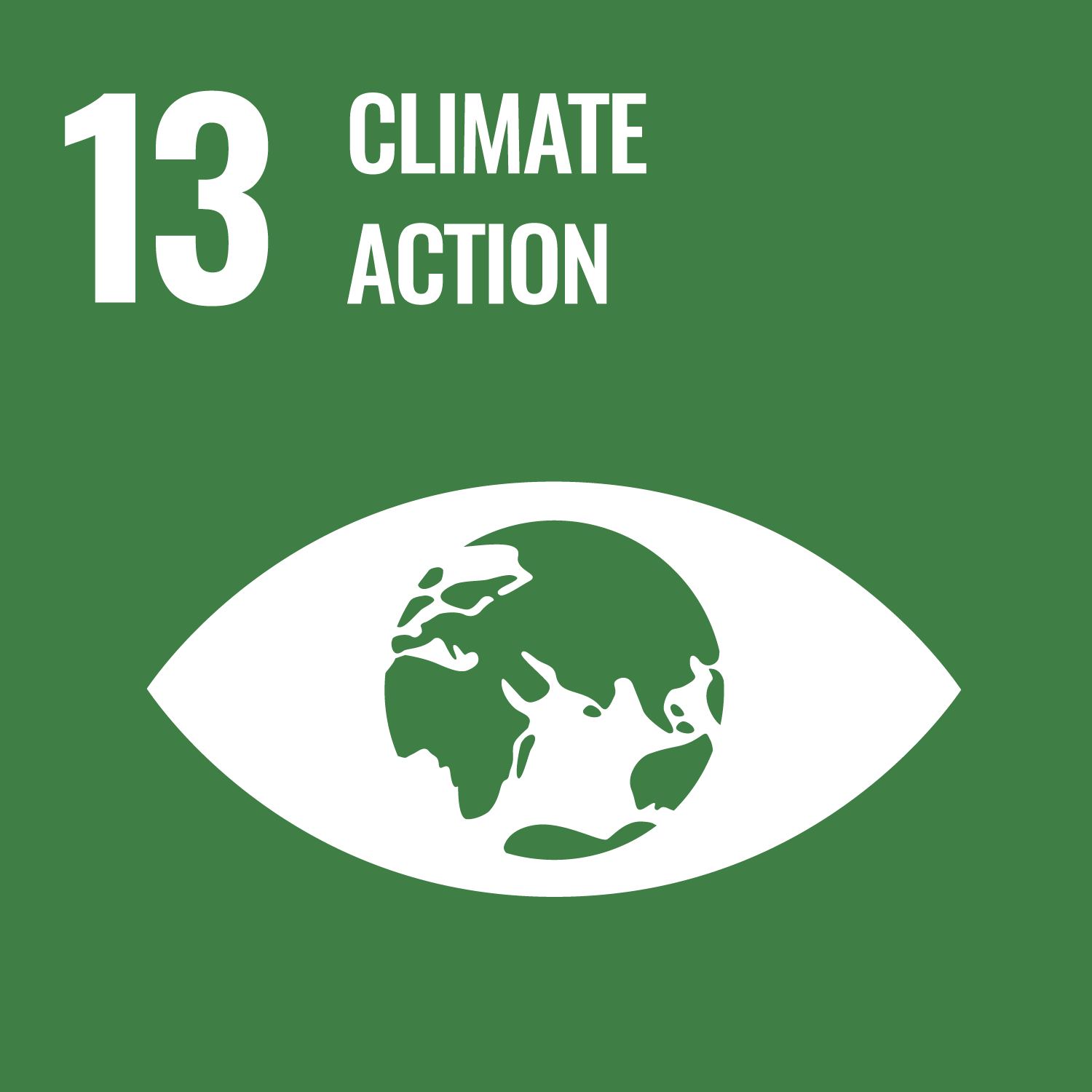ORCID
- Martin J. Attrill: 0000-0002-4039-031X
Abstract
Climate change has had profound effects upon marine ecosystems, impacting across all trophic levels from plankton to apex predators. Determining the impacts of climate change on marine ecosystems requires understanding the direct effects on all trophic levels as well as indirect effects mediated by trophic coupling. The aim of this study was to investigate the effects of climate change on the pelagic food web in the Celtic Sea, a productive shelf region in the Northeast Atlantic. Using long-term data, we examined possible direct and indirect 'bottom-up' climate effects across four trophic levels: phytoplankton, zooplankton, mid-trophic level fish and seabirds. During the period 1986-2007, although there was no temporal trend in the North Atlantic Oscillation index (NAO), the decadal mean Sea Surface Temperature (SST) in the Celtic Sea increased by 0.66 ± 0.02 °C. Despite this, there was only a weak signal of climate change in the Celtic Sea food web. Changes in plankton community structure were found, however this was not related to SST or NAO. A negative relationship occurred between herring abundance (0- and 1-group) and spring SST (0-group: p = 0.02, slope = -0.305 ± 0.125; 1-group: p = 0.04, slope = -0.410 ± 0.193). Seabird demographics showed complex species-specific responses. There was evidence of direct effects of spring NAO (on black-legged kittiwake population growth rate: p = 0.03, slope = 0.0314 ± 0.014) as well as indirect bottom-up effects of lagged spring SST (on razorbill breeding success: p = 0.01, slope = -0.144 ± 0.05). Negative relationships between breeding success and population growth rate of razorbills and common guillemots may be explained by interactions between mid-trophic level fish. Our findings show that the impacts of climate change on the Celtic Sea ecosystem is not as marked as in nearby regions (e.g. the North Sea), emphasizing the need for more research at regional scales.
DOI Link
Publication Date
2012-01-01
Publication Title
PLoS ONE
Volume
7
Issue
10
ISSN
1932-6203
Keywords
Animals, Atlantic Ocean, Birds, Climate, Climate Change, Ecosystem, Fishes, Food Chain, Phytoplankton, Population Dynamics, Zooplankton
Recommended Citation
Lauria, V., Attrill, M., Pinnegar, J., Brown, A., Edwards, M., & Votier, S. (2012) 'Influence of climate change and trophic coupling across four trophic levels in the Celtic Sea.', PLoS ONE, 7(10). Available at: 10.1371/journal.pone.0047408


